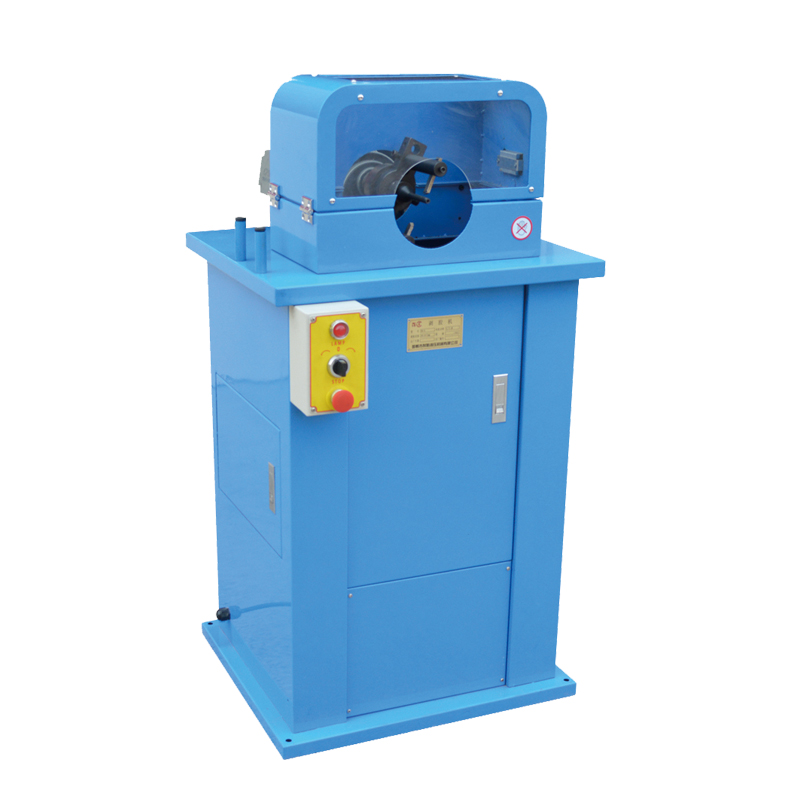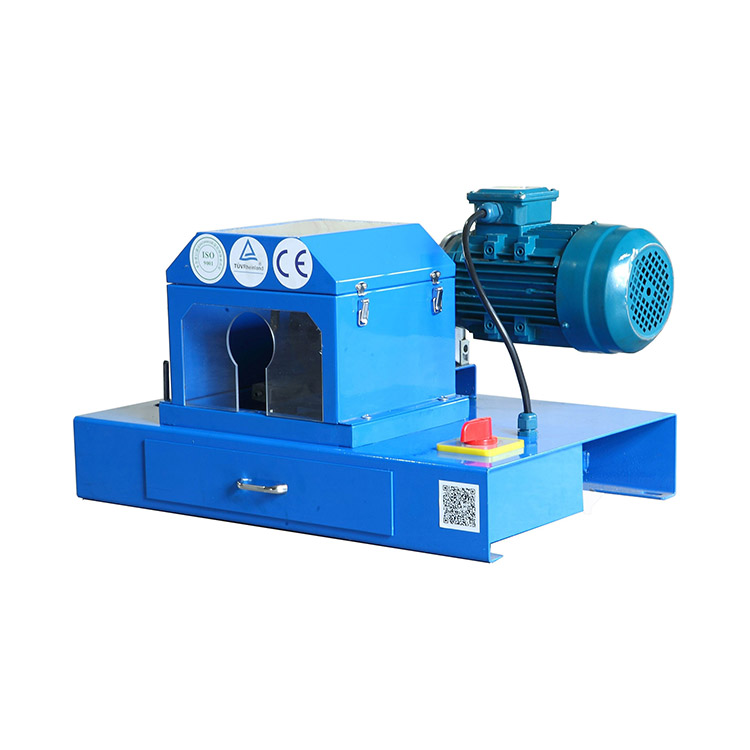

When considering the reliability of a power steering hose, factors such as temperature tolerance, material composition, and manufacturer reputation should not be overlooked. High-quality hoses are designed to endure temperatures that fluctuate between -40°F to over 300°F, demonstrating resilience against the harshest of conditions. This temperature range ensures that the hoses perform seamlessly, whether you're navigating through a frosty winter morning or a sweltering summer's day. Be wary of warning signs indicating potential hose failure. Symptoms such as squealing noises during steering, fluid leaks beneath the vehicle, or an uncharacteristic heaviness in the steering wheel may suggest compromised hose integrity. An immediate inspection by a certified technician can prevent small issues from escalating into costly repairs or dangerous driving conditions. Trustworthy sources, such as manufacturer manuals, industry publications, and certified automotive technicians, contribute significantly to an authoritative perspective on power steering hoses. These resources provide thoroughly vetted and comprehensible data on best practices and provide troubleshooting guides tailored to various makes and models. A proactive approach in utilizing these resources elevates vehicular safety and enhances the longevity of your steering system. In conclusion, the nuanced understanding and maintenance of power steering hoses are non-negotiable for optimal vehicle performance and safety. By prioritizing quality components, adhering to meticulous installation practices, and maintaining regular inspection schedules, vehicle owners can sustain the reliability and responsiveness of their steering systems for years to come.
Previous:
OUR LATEST NEWS
Strict quality control strict production team to ensure stable products quality. Scientific personnel management, efficient production arrangements to ensure our timely delivery.

Jun 13 2025
Unveiling the Diverse Hydraulic Hose Uses: From Construction to Automotive Excellence
In the pulsating heart of modern industry, hydraulic hoses act as the invisible architects of motion, seamlessly transferring power and fluid across a spectrum of demanding environments.

Jun 13 2025
Hydraulic Hoses for Construction Machinery: Powering Efficiency and Reliability
In the dynamic world of construction, where excavators carve through rock, loaders shuttle materials, and bulldozers reshape landscapes, hydraulic hoses serve as the vital arteries of heavy machinery.

Jun 13 2025
Essential Guide to Hydraulic Hose Cleaning Methods: Preserving Performance and Longevity
In the intricate ecosystem of hydraulic systems, hydraulic hose cleaning is the unsung practice that safeguards equipment reliability and operational efficiency.
Product Application




















